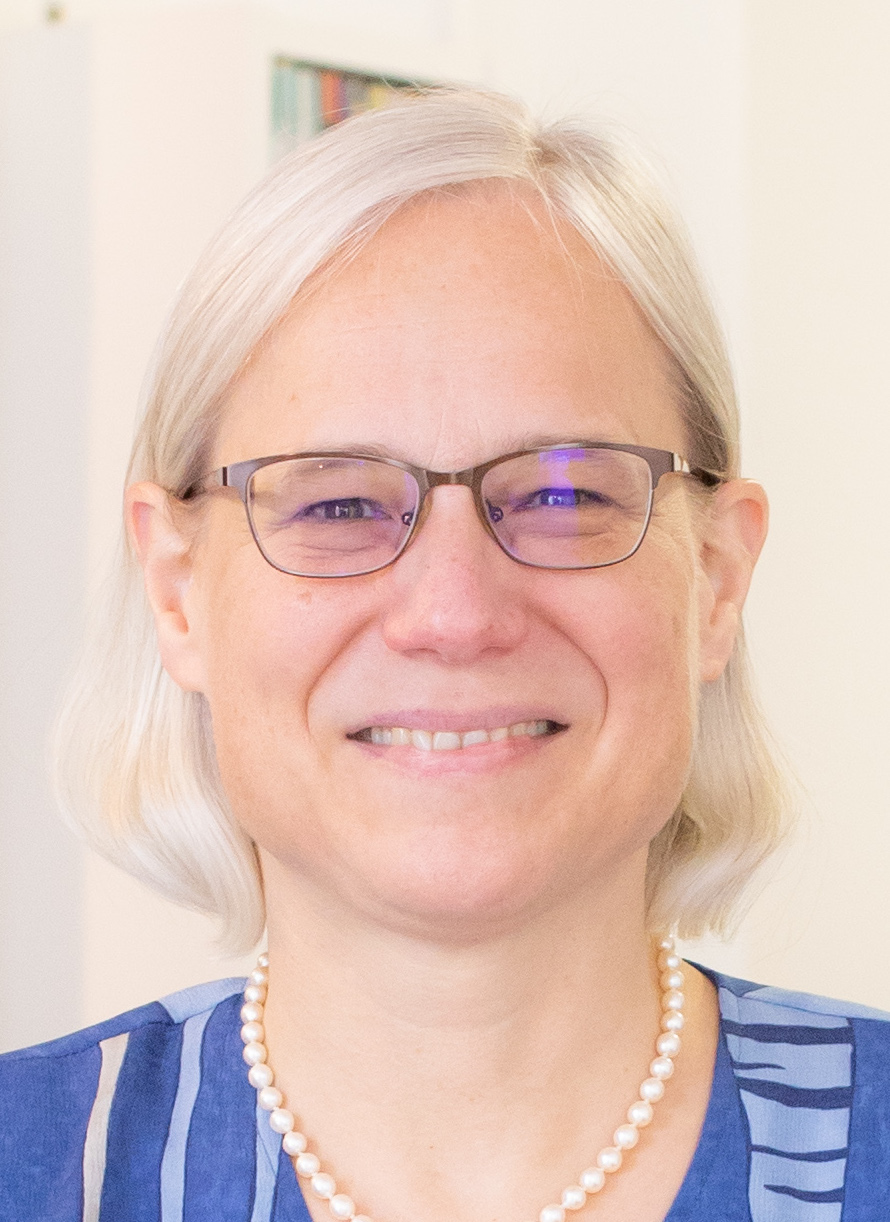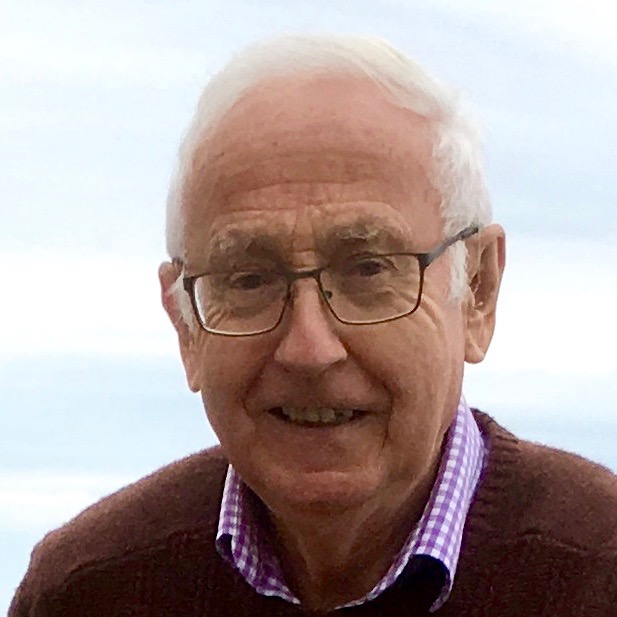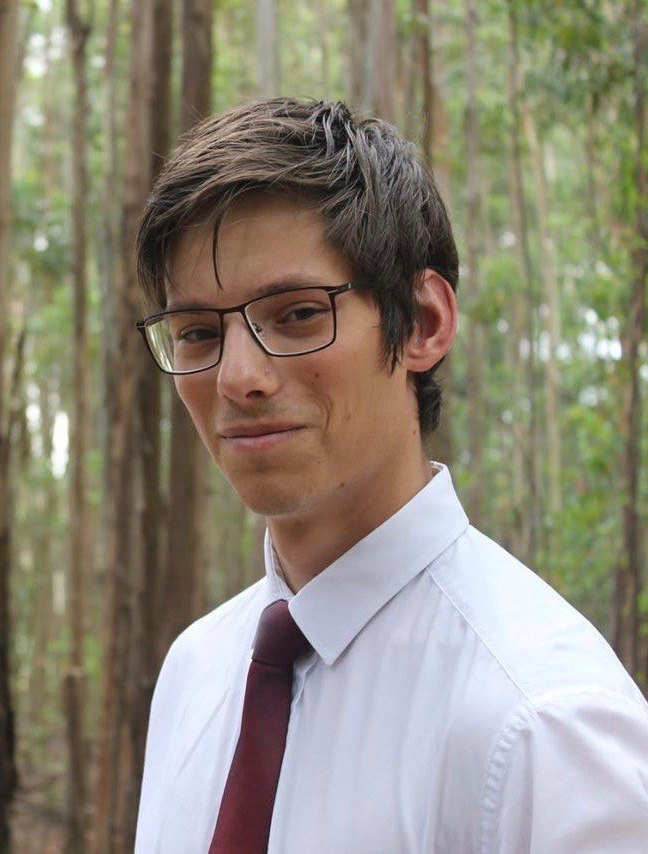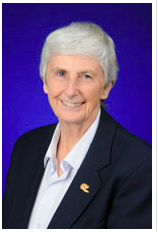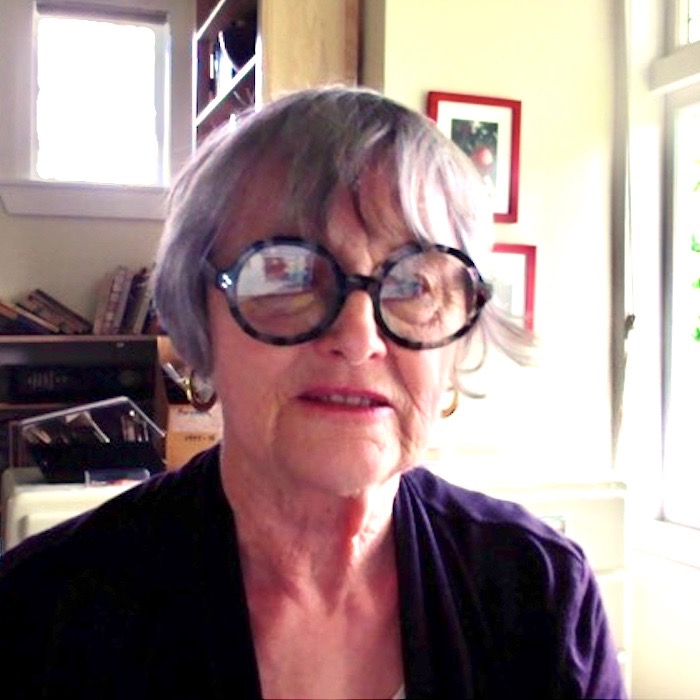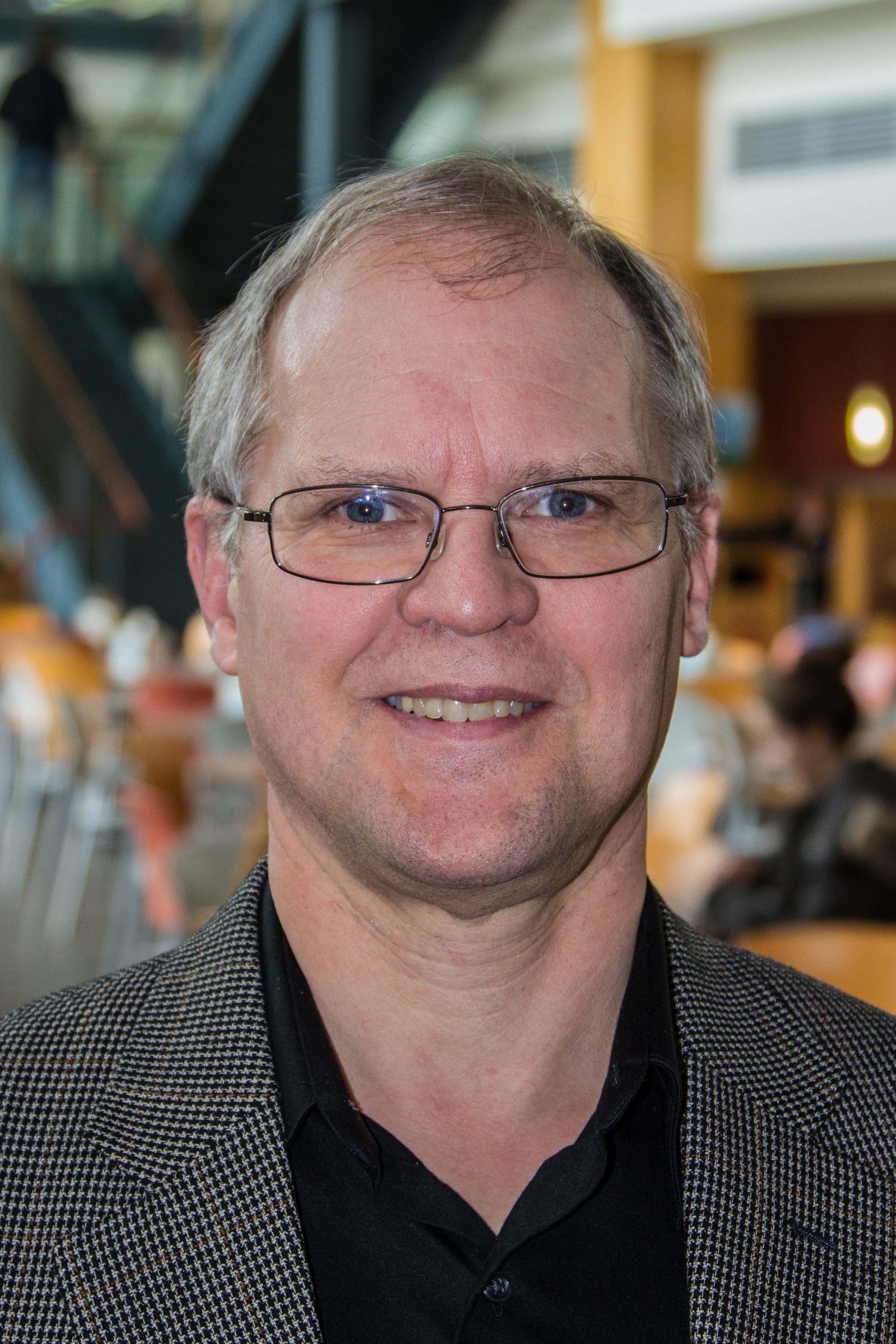ISCAST and NZ Christians In Science are teaming up for a second series of Conversations this year! Join us for 10 weekly online sessions with a spectacular lineup of speakers. Together, we’ll explore some of the most relevant and fascinating topics at the intersection of science and Christianity.
Thursday 7th Oct 2021 @ 6:30 pm –
Thursday 9th Dec 2021 @ 7:30 pm
Online
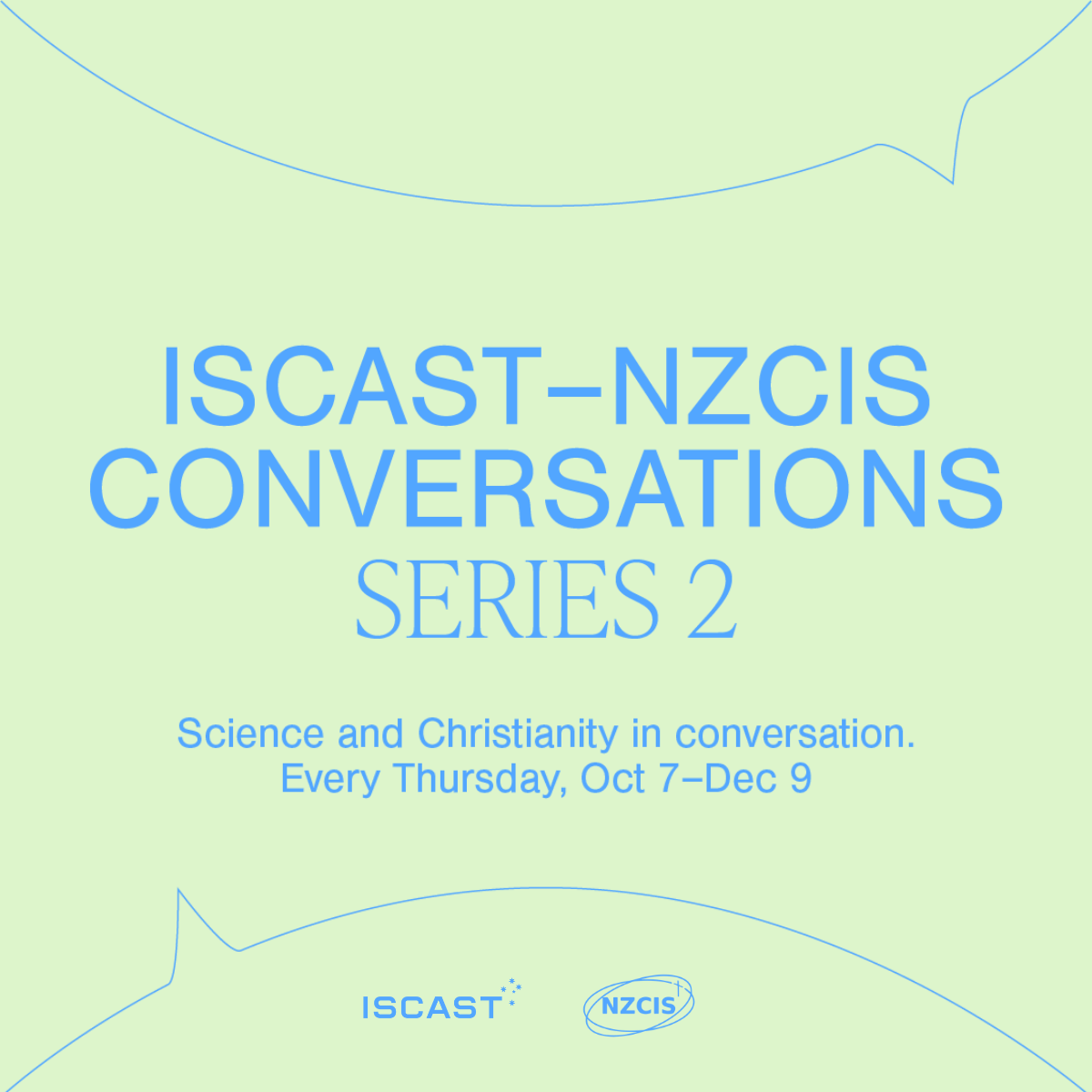
ISCAST and NZ Christians In Science are teaming up for a second series of Conversations this year! Join us for 10 weekly online sessions with a spectacular lineup of speakers. Together, we’ll explore some of the most relevant and fascinating topics at the intersection of science and Christianity.
All the talks below are given by people committed to both mainstream science and the Christian faith. As you will discover, however, some talks will focus more on science, some more on philosophical or theological matters.
Most of the talks will be pitched to an educated lay audience, but there may be some that are more academic in nature. To know if the talk is suitable for you, please read the descriptions below carefully.
DETAILS:
PRICES:
This one-off fee will cover the cost of attending all the conversations.
If you have any questions about the Conversations series, please do not hesitate to contact Sarah Wilson at sarahwilson@iscast.org or on 0421046020.
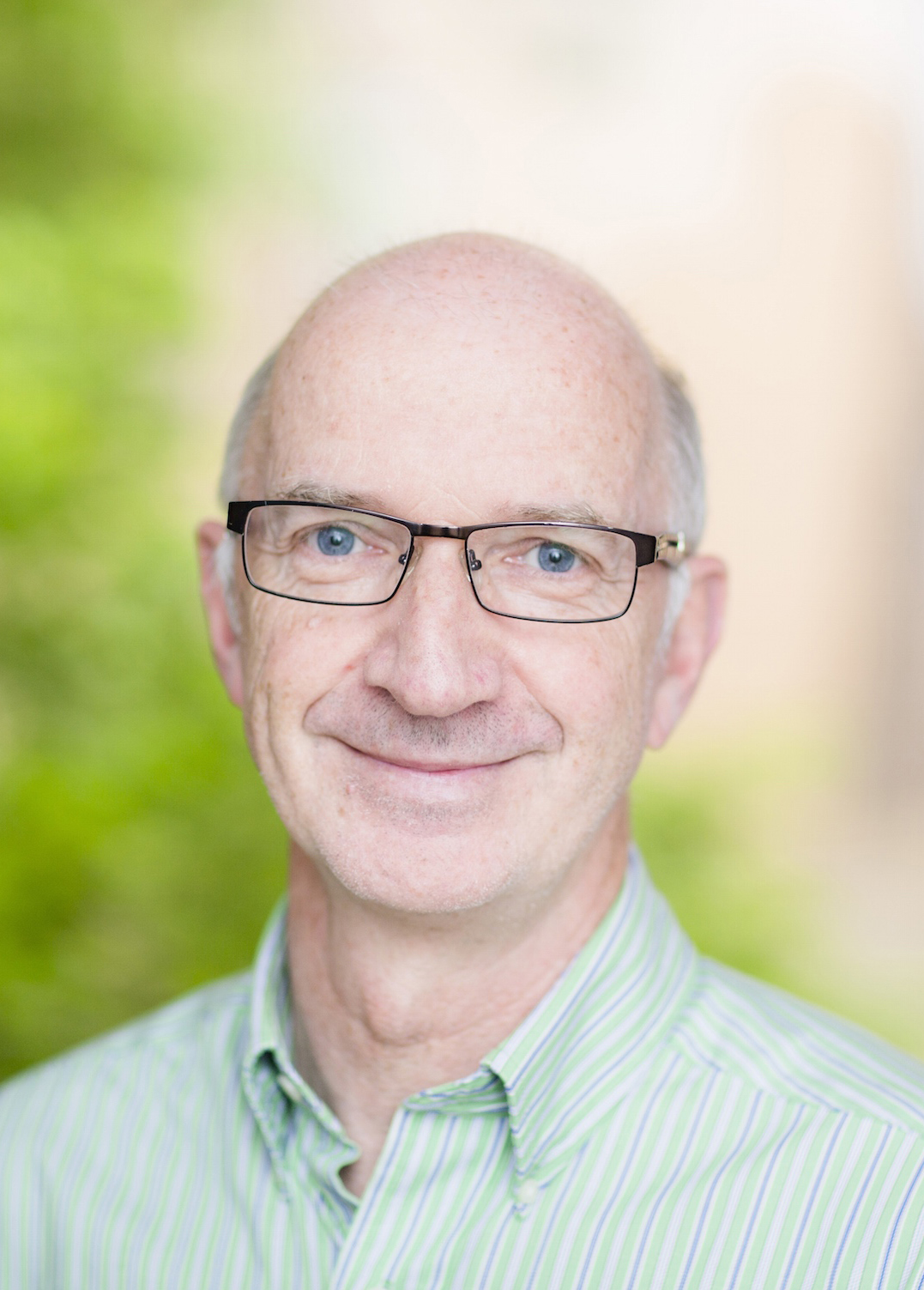
Conversation 1:
Insect Armageddon
This Conversation is now available to watch here.
Thursday 7 October 2021
Speaker: Professor Phil Batterham
University of Melbourne
Description
There are estimated to be 5.5 million insect species on earth. There is a widespread consciousness that pollinators, including honeybees, serve a vital for food production. This is a critical service in a world where the global population is rapidly increasing, while the land available for food production is decreasing. Insects perform a range of other less conspicuous services essential for the survival of ecosystems. It is therefore alarming that insect populations are declining in size by an average of 1% per annum. A range of factors related to human activity can account for this phenomenon. As insects are unable to regulate their own body temperature, they are sensitive to climate change. The ubiquitous use of toxic chemical insecticides is also likely to contribute. Philip Batterham has spent most of his research career studying the impact of insecticides on insects. He will discuss insect population declines and the contribution that insecticides and climate change may be making to this alarming phenomenon. Philip will place this discussion in the context of the creation care responsibilities that are incumbent upon Christians who worship the creator God.
Bio
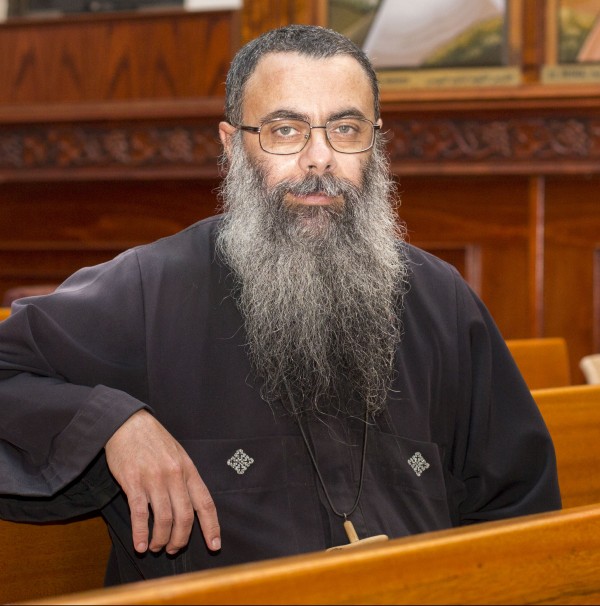
Conversation 2:
The Ghost in the Machine? Consciousness and the Nature of the Soul
This Conversation is now available to watch here.
Thursday 14 October 2021
Speaker: Fr. Antonios Kaldas
Description
The most direct experience you have is “what it is like to be you.” And yet, a computer that is smarter than you (in some ways, at least) seems to have no such experience. This ability to experience is called “consciousness” and is perhaps the most fascinating unsolved puzzle in human inquiry today. In recent years, the “Hard Problem” of Consciousness in philosophy and science has proven surprisingly intractable. In response, some have suggested stunningly weird solutions; others have suggested that it may in principle be insoluble (at least for the human intellect). I briefly lay out the Hard Problem of Consciousness and then discuss some of the interesting turns this line of research has taken against the context of Christian conceptions of the soul, selfhood, and personhood.
Bio
Rev. Dr Antonios Kaldas has served as parish priest of Archangel Michael and St Bishoy Coptic Orthodox Church in Mount Druitt, Sydney, Australia, since 1991. He was previously a medical doctor, and has been heavily involved in the spiritual education of children and youth. He is an active researcher in the philosophy of mind and cognitive science, lectures in Apologetics and Philosophy at St. Cyril‘s Coptic Orthodox Theological College in Sydney, and has recently authored Two Become One: An Orthodox Guide to Engagement and Marriage (2017), Ancient Faith Publishing. He is married with two children and a number of pets.
 Conversation 3:
Conversation 3:
Creation Is the Key: Unlocking Science and Theology
This Conversation is now available to watch here.
Thursday 21 October 2021
Speaker: Professor Lydia Jaeger
Academic Dean and Lecturer, Nogent Bible Institute, France (Speaking from France)
Website: http://ljaeger.ibnogent.org
Description
In contrast to the common practice, which separates science and theology, this talk takes the doctrine of creation as the key to map out fruitful interactions between science and theology. In particular, it asks how theologians—and the wider church—can benefit from science and what scientists can learn from theology for their professional work. Such an integrated view enables us to understand science as a gift to the church and also to consciously take advantage of theological resources in scientific practice. Although this talk mainly uses creation as the lens through which to address these questions, it also hints at contributions which the doctrines of sin and redemption offer.
Bio
Dr Jaeger holds a permanent lectureship and is academic dean at Nogent Bible Institute (IBN) in Nogent-sur-Marne, an interdenominational evangelical Bible college near Paris. Since 2012 she has been coordinating a joint project with the French branch of IFES (GBU) to develop evangelical science-faith resources for the francophone world. Her current research interests are natural order, the epistemological and ethical implications of the doctrine of creation, the theology of science and our understanding of humankind in the light of evolutionary biology, neuroscience and philosophy.
 Conversation 4:
Conversation 4:
Science, Narratives, and Christianity
This Conversation is now available to watch here.
Thursday 28 October 2021
Dr Sean Devine
Adjunct Research Fellow, School of Management, Victoria University of Wellington
Description
The science student and the humanities students were returning to their car after a drunken party. One dropped the keys when opening the door. The humanities student fumbled around in the dark trying to find the keys, while the science student went over to the lamppost to look under the light. “Why are you looking for the keys under the lamppost?” asked the humanities student. To which the science student replied; “I cannot see anything where you are looking.”
We try to make sense through story or narrative when the scientific approach is outside the light, so to speak. But many current narratives are power-seeking, in conflict with the world as it is, closing the conversation. Sean argues that a holistic faith–science narrative, realistic about the human condition and the limitations of the natural world, is essential to provide direction in a troubled world.
Bio
After obtaining a PhD in physics at the University of Canterbury, Christchurch, New Zealand, and 3 years overseas, Sean spent 25 years as a government research scientist. After studying economics in the 1980s he moved into science management. Following his role as Executive Director of the Association of Crown Research Institutes, Sean joined Victoria University as a research fellow and taught strategy for a number of years. Recently Sean has taken a systems approach to seeing an economy as a far from equilibrium physical system sustained by energy. He is not quite retired, having had a book published by IOP in 2020.
Books include: On with the Reformation! Facing Up to the Church’s Misuse of Power
 Conversation 5:
Conversation 5:
Mathematics and Christianity
This Conversation is now available to watch here.
Thursday 4 November, 2021
Speaker: Gray Manicom
Ph.D candidate, University of Auckland
Description
Recent Christian apologetics has had a lot to say on the relationship between Christianity and science. However, many of the most profound scientific breakthroughs have been driven by mathematical insights and not by data or the scientific method, and this reliance on models and equations is only increasing. In this conversation, we’ll discuss some aspects of the relationship between mathematics and Christianity, and how this may differ from the relationship between science and Christianity.
Bio
Gray Manicom is a mathematician with interests in dynamical systems, currently completing a PhD in mathematics at the University of Auckland. Also a pianist, he loves cricket, movies and talking about ideas.
“I work in dynamical systems, on a topic called heteroclinic networks. These are networks of trajectories which describe natural phenomena and which follow cycles between certain equilibrium points. When you add noise to the system, random input from outside the system, these networks manifest interesting behaviour. In particular, you can change from one cycle to another, and the time it takes to complete cycles changes. I investigate this and its application to task-switching models of psychology.”
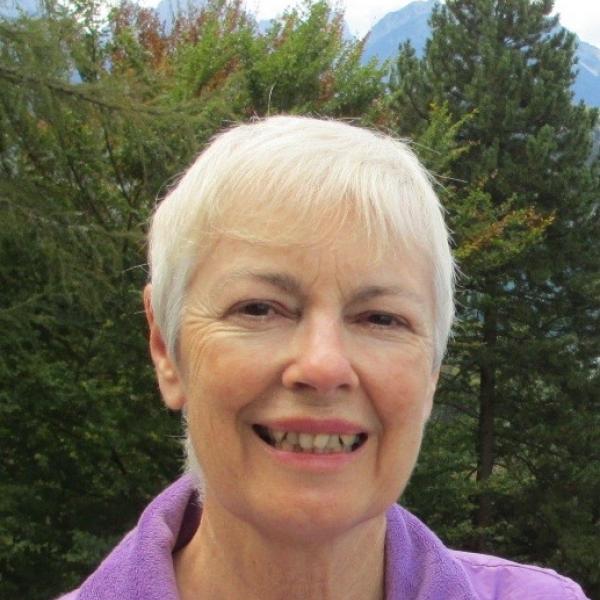
Conversation 6:
Attachment to God in the Christian Life: Insights for Individuals and the Church
This Conversation is now available to watch here.
Thursday 11 November, 2021
Speaker: Dr Maureen Miner Bridges
Description
Bio
Dr Maureen Miner Bridges is Director of Research, Excelsia College, a Director of the Lumen Research Institute, and a practising clinical psychologist. She has authored several books and over 50 peer-reviewed publications and reports in key areas of psychology including abnormal psychology, organisational psychology, and the psychology of religion and spirituality. Her research and scholarship were recognised internationally by a Crawford Miller Fellowship (St Cross College, Oxford) and a fellowship for the John Templeton Oxford program of seminars and research into Christianity and science.
 Conversation 7:
Conversation 7:
Asking the Right Questions about Genesis 1
This Conversation is now available to watch here.
Thursday 18 November, 2021
Speaker: Professor Carolyn King
Description
The ancient cosmology common to all cultures of 3000 years ago saw the universe as created by multiple deities for their own pleasures, and the human population as living in slavery and fear of them. Contrary to that, Genesis One is a masterly statement of the Hebrew belief in a world created by one, all-powerful and loving God, specifically for the benefit of human creatures capable of enjoying and caring for it. It insists that the sun, moon and stars were creatures, not gods, with specific functions designed to serve humanity. Genesis saw no need to describe the material origins of the earth, because everything was simply assumed to have been made by God. The questions we ask of the Genesis text (like, how could there be light on Day 1 when the sun didn’t appear until Day 4?) would have been pointless and incomprehensible to those for whom it was written.
If we understand Genesis as a powerful statement of the Hebrews’ rejection of that lost world of ancient, pagan cosmology, and step out of our world into theirs, we discover a liberating experience. If Genesis One is not and never was intended to explain the material origins of the universe, all the usual arguments about science versus six day creation disappear. Meanwhile, science confirms Hebrew ideas of God’s continuing upholding of creation. Physicists describe a set of fundamental forces that determine how everyday chemical reactions work, and how gravity continually restrains the relentless expansion of the universe. The strengths of these forces were set at the beginning of time, and life on earth is possible only because their ceaseless actions are exactly as they are.
Bio
Professor Carolyn (known as Kim) King is New Zealand’s foremost authority on invasive mammals and world-renowned for her contribution to ecology – especially mustelids – stoats, weasels and ferrets. She is an active Anglican, and writes regularly on the theology of Creation.
Dr King received a Lifetime Achievement Award for her work in BIOlogical sciences at the 2010 Kudos Awards. She also holds the Mammal Society Medal (2005) and the NZES Award (1999); and was a Research Associate in the Department of Philosophy, Waikato University, until 2017.
 Conversation 8:
Conversation 8:
Metaphysics: The Missing Partner in the Science and Theology Dialogue
This Conversation is now available to watch here.
Thursday 25 November, 2021
Speaker: Professor Neil Ormerod
Description
Dialogue between scientists and theologians has become increasingly common as both groups seek some rapprochement from the hostilities initiated by fundamentalists and anti-religious scientists (e.g., Dawkins, Krauss). However, there is often a missing dialogue partner in the discussion, philosophy, or more precisely metaphysics. Neither scientific nor theological, metaphysical assumptions often remain unaddressed by either party. Perhaps it is time for metaphysics to get reinserted into the dialogue.
Bio
Neil Ormerod has a PhD in pure mathematics and DTheol in theology. He has worked professionally as a theologian for over 35 years, including 14 years as Professor of Theology at Australian Catholic University. He is widely published in international theological journals and has authored 14 books. His areas of interest include natural theology, Trinitarian theology, and ecclesiology, inspired by the work of Catholic theologian and philosopher, Bernard Lonergan. He is currently employed at the Research Office of the Sydney College of Divinity.
 Conversation 9:
Conversation 9:
Science and Religion: Constructions of Conflict
This Conversation is now available to watch here.
Thursday 2 December, 2021
Speaker: Dr. Ruth Barton
Honorary Research Fellow, University of Auckland
Description
According to Galileo, God wrote the book of Nature in the language of mathematics, yet Galileo is often taken as the paradigmatic example of the conflict of science and religion. This talk will briefly discuss interpretations of Galileo’s relationship to the Church of his day, before focussing on more general interpretations claiming an essential conflict between science and religion. Examples will cover 200 years, from the Enlightenment of the 18th century to the better-known examples of the late 19th century. My aim is to identify the polarizing definitions on which such interpretations rely.
Bio
Ruth Barton is a historian of science and technology, and is an authority on the X Club, the coterie of influential Darwinians who dominated science and its culture in mid-Victorian England. Her recent book, The X Club: Power and Authority in Victorian Science (University of Chicago Press, 2018), has been described as “magisterial.” Her articles on Victorian England cover many varieties of science and religious belief and unbelief. Since retiring from the History Department at the University of Auckland she has been an Honorary Research Fellow in the School of Humanities.
 Conversation 10:
Conversation 10:
Why Christianity Is Good for Science
This Conversation is now available to watch here.
Thursday 9 December, 2021
Speaker: Professor Ted Davis
Description
A vocal group of contemporary scientists and others known as the “New Atheists” pit reason versus religion, fact versus faith, and science versus Christianity. This talk responds directly to that attitude. Drawing on information and insights from the history and philosophy of science, I will argue that Christian faith actually complements the picture of the world coming from the sciences, helping us to achieve a deeper understanding of both the way the world is and how we should go about understanding it, while providing a powerful motive for investigating nature.
Bio
Edward B. (“Ted”) Davis retired as Distinguished Professor of the History of Science at Messiah University and Fellow of the International Society for Science & Religion. With Michael Hunter, Davis edited The Works of Robert Boyle, 14 vols. (Pickering & Chatto, 1999-2000), and Boyle’s treatise on God and the mechanical philosophy, A Free Enquiry into the Vulgarly Received Notion of Nature (Cambridge University Press, 1996). His edition of The Antievolution Pamphlets of Harry Rimmer (Garland Publishing, 1995) is being reissued by Routledge with new introductory material in 2022. He has also published dozens of articles and essays about religion and science in the Scientific Revolution and modern America, including a study of modern Jonah stories featured on two BBC radio programs. An edition of rare pamphlets on “Science and Religion” from the 1920s will be published by Johns Hopkins University Press, and he is also writing a book about Christianity and the rise of modern science.
